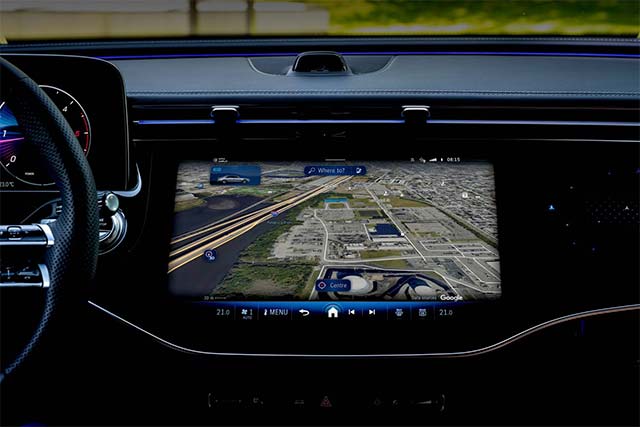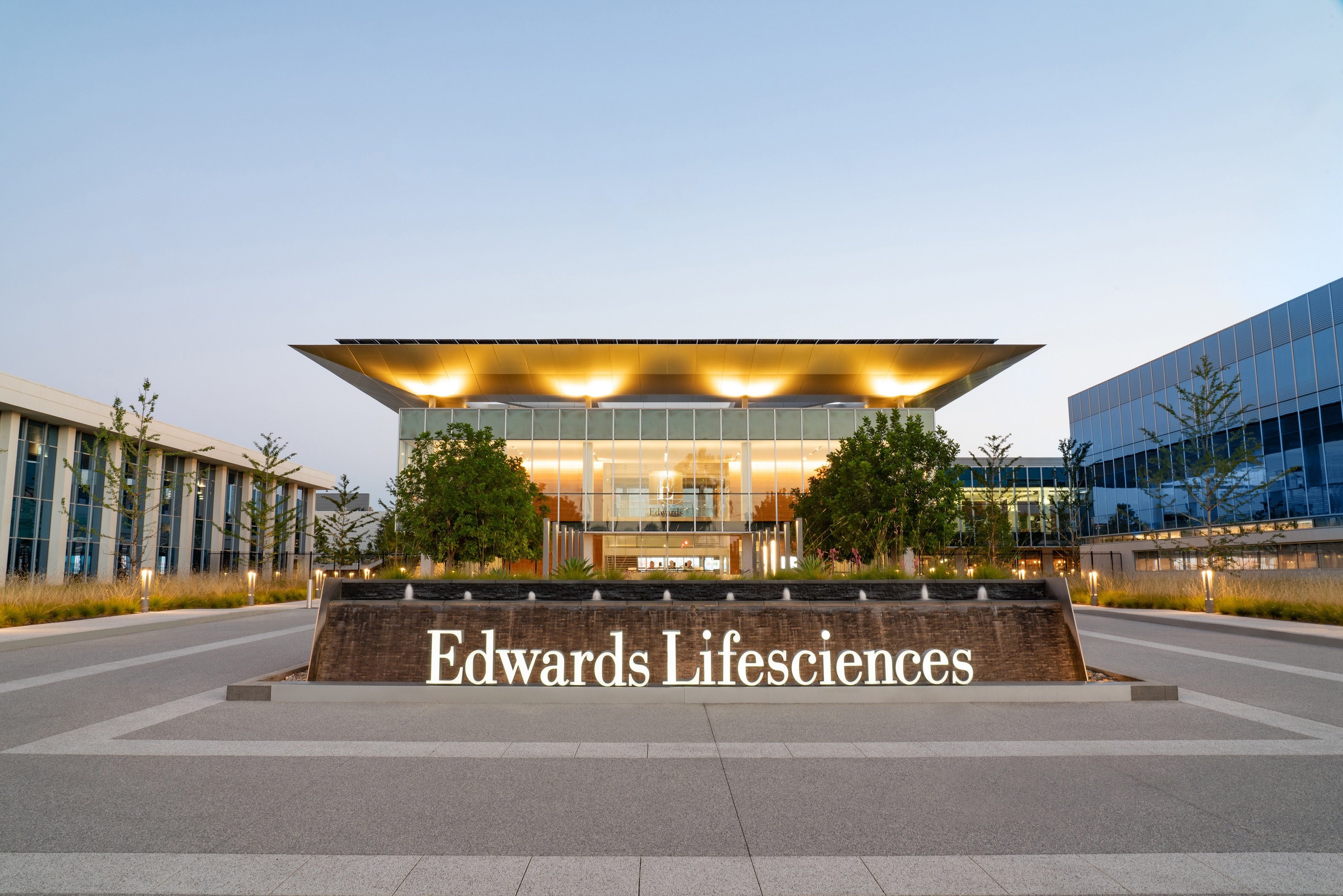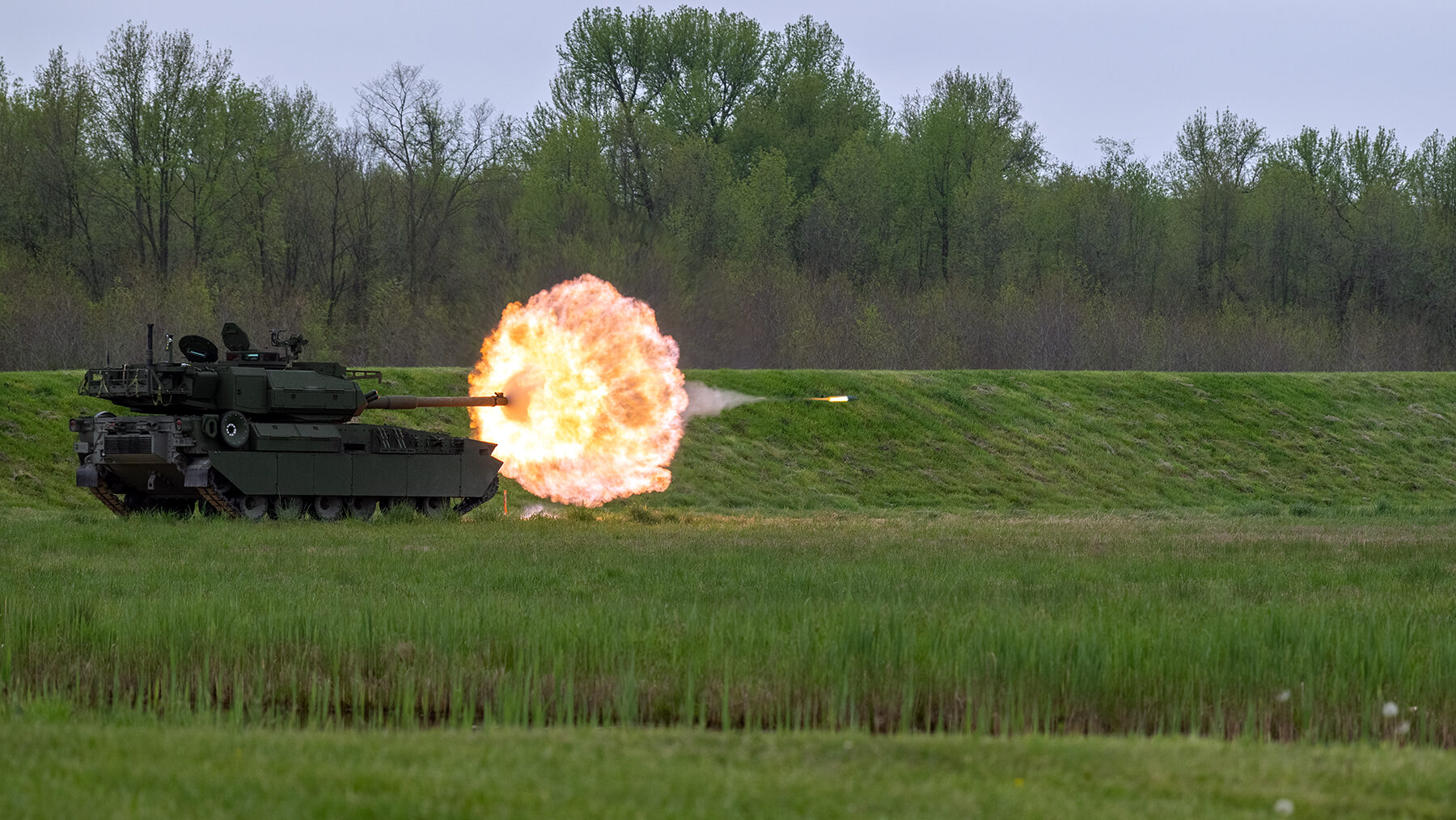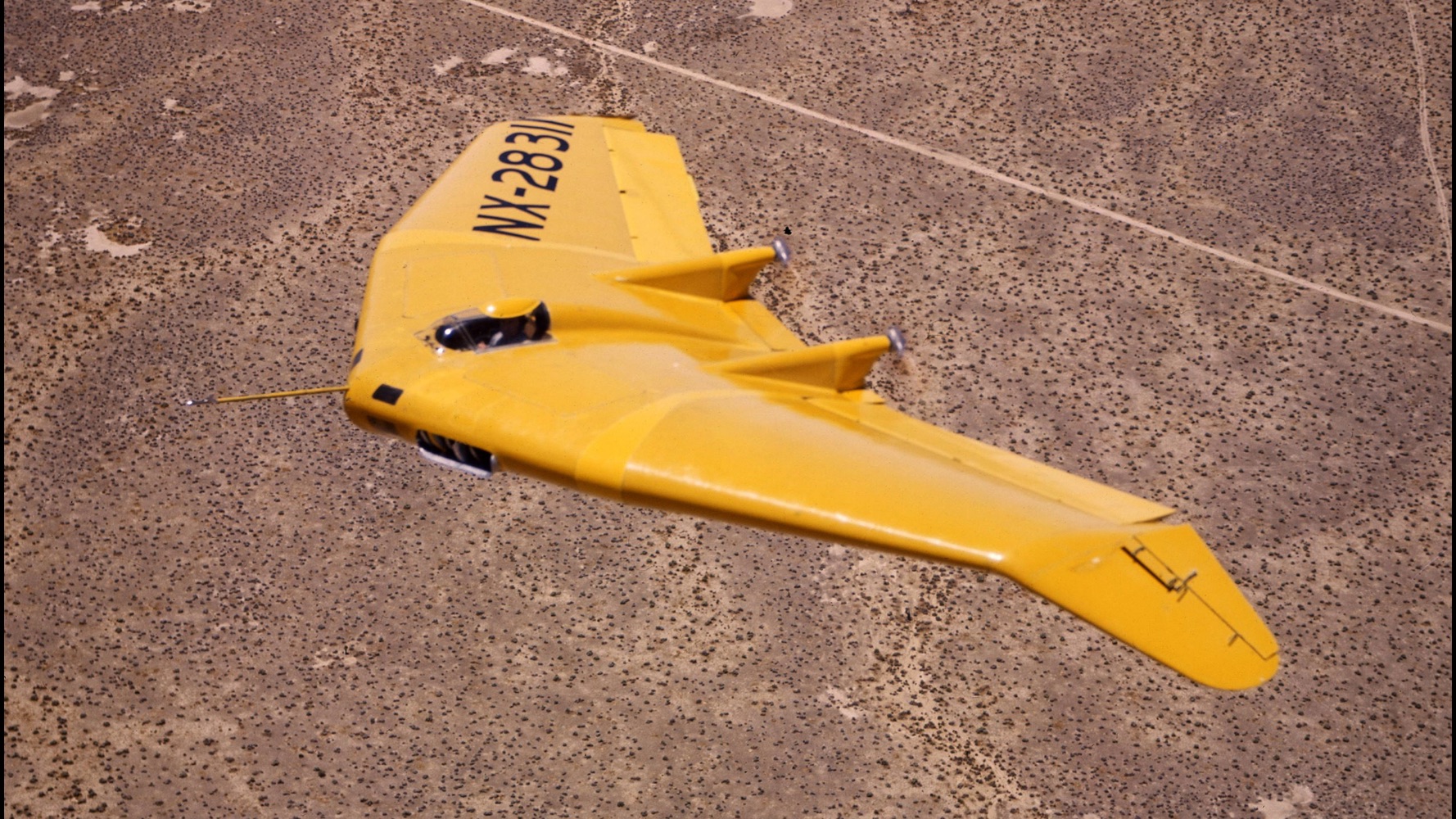Hippocampal damage disrupts the latent decision-making processes underlying approach-avoidance conflict processing in humans
by Willem Le Duc, Christopher R. Butler, Georgios P. D. Argyropoulos, Sonja Chu, Cendri Hutcherson, Anthony C. Ruocco, Rutsuko Ito, Andy C. H. Lee Rodent and human data implicate the hippocampus in the arbitration of approach-avoidance conflict (AAC), which arises when an organism is confronted with a stimulus associated simultaneously with reward and punishment. Yet, the precise contributions of this structure are underexplored, particularly with respect to the decision-making processes involved. We assessed humans with hippocampal damage and matched neurologically healthy controls on a computerized AAC paradigm in which participants first learned whether individual visual images were associated with the reward or loss of game points and were then asked to approach or avoid pairs of stimuli with non-conflicting or conflicting valences. To assess hippocampal involvement more broadly in response conflict, we also administered a Stroop and a Go/No-go task. On the AAC paradigm, following similar learning outcomes in individuals with hippocampal damage and matched controls, both participant groups approached positive and negative image pairs at the same rate but critically, those with hippocampal damage approached conflict pairs more often than controls. Choice and response AAC data were interrogated using the hierarchical drift diffusion model, which revealed that, compared to controls, individuals with hippocampal damage were more biased towards approach, required less evidence to make a decision during conflict trials, and were slower to accumulate evidence towards avoidance when confronted with conflicting image pairs. No significant differences were found between groups in performance accuracy or response time on the response conflict tasks. Taken together, these findings demonstrate the importance of the hippocampus to the evidence accumulation processes supporting value-based decision-making under motivational conflict.
by Willem Le Duc, Christopher R. Butler, Georgios P. D. Argyropoulos, Sonja Chu, Cendri Hutcherson, Anthony C. Ruocco, Rutsuko Ito, Andy C. H. Lee Rodent and human data implicate the hippocampus in the arbitration of approach-avoidance conflict (AAC), which arises when an organism is confronted with a stimulus associated simultaneously with reward and punishment. Yet, the precise contributions of this structure are underexplored, particularly with respect to the decision-making processes involved. We assessed humans with hippocampal damage and matched neurologically healthy controls on a computerized AAC paradigm in which participants first learned whether individual visual images were associated with the reward or loss of game points and were then asked to approach or avoid pairs of stimuli with non-conflicting or conflicting valences. To assess hippocampal involvement more broadly in response conflict, we also administered a Stroop and a Go/No-go task. On the AAC paradigm, following similar learning outcomes in individuals with hippocampal damage and matched controls, both participant groups approached positive and negative image pairs at the same rate but critically, those with hippocampal damage approached conflict pairs more often than controls. Choice and response AAC data were interrogated using the hierarchical drift diffusion model, which revealed that, compared to controls, individuals with hippocampal damage were more biased towards approach, required less evidence to make a decision during conflict trials, and were slower to accumulate evidence towards avoidance when confronted with conflicting image pairs. No significant differences were found between groups in performance accuracy or response time on the response conflict tasks. Taken together, these findings demonstrate the importance of the hippocampus to the evidence accumulation processes supporting value-based decision-making under motivational conflict.







































































































































































